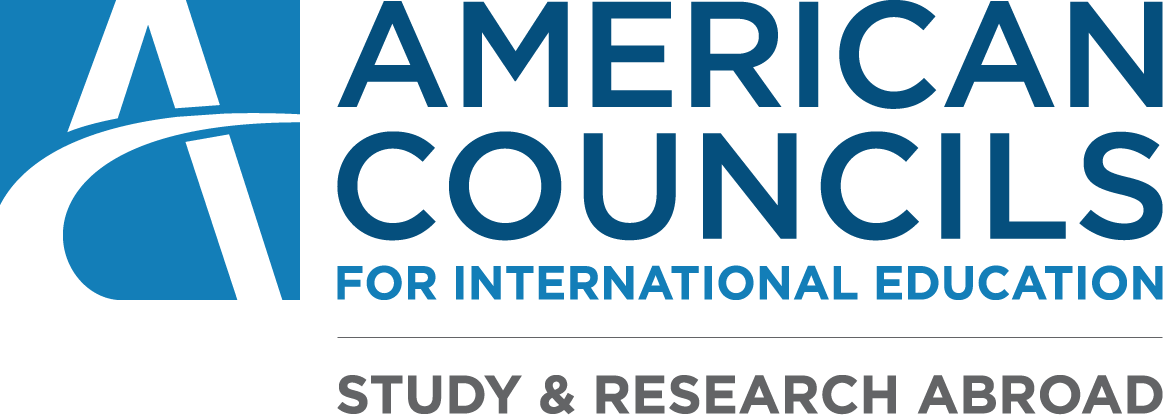Dan Davidson Fellowship Essay: Darius Carter
This story was originally shared on February 4, 2020.
In many ways, the Tradition and Modernity in Taiwan study abroad experience was transformative. The program provided insight into a culture of which I previously had no exposure apart from secondhand, anecdotal information received from my Chinese teacher and videos online. Captivated by the Mandarin language and culture presented in classes at my home institution, I began my application for Tradition and Modernity in Taiwan the summer before my junior year of college. Due to conflicts with a research opportunity, I was not able to attend until the following year. In some ways, this was beneficial as it allowed me to further improve my base knowledge of the language and culture before being immersed. Regardless of the specifics, engaging with the local host country community proved to be an informative, interesting, and often challenging experience that would push me out of my comfort zone in ways that I never expected.
During my study abroad experience, most of my engagements with the local host community came from restaurants and shops. The living accommodations National Chengchi University provided did not include a kitchen and cookware, so students had no choice but to eat outside of the dorms daily. This meant that Chinese menus needed to be read and understood to get the order one wanted. This was often made easier by menus with some English text provided by restaurants to assist foreigners, but no adjustments could be made to the orders this way. For example, my favorite ramen shop on campus provided a menu with Chinese and English text next to a form that was to be filled out when ordering. The order form only had Chinese characters, so paying attention to the characters in the menu was important to ensure one ordered the right thing. I would often, however, want to add eggs, more red pepper, or noodles to my bowls. This was not an option explicitly stated on the menu, so I was required to learn how to ask for these things in Mandarin. Other quick service restaurants like dumpling stands had a streamlined ordering process but knowing how to ask for dine in or carry out while ordering made transactions even smoother. Additionally, dealing with large number quantities and performing mental math with the language became easier as a result of making such frequent transactions.
Other interactions with the host community highlighted many of the physical and cultural differences between their life experiences and my own. I have a full beard which is abnormal by Taiwanese standards. I am also a Black American, lending me a much darker skin pigmentation than the average Taiwanese person. I was approached multiple times by people that told me they thought my beard made me look handsome and cool. I also witnessed blatant discrimination against one of my darker skinned peers during my time abroad. While visiting an aboriginal tribe on an overnight trip, the group attended a bonfire ceremony. Toward the end, the master of ceremonies asked the elders of each group to come to the stage and take a photo. The oldest member of our cohort was my roommate, Dafene Brown. After he walked up and posed for the picture, another fellow cohort member that spoke fluent Mandarin translated to us that the camera man said he would crop Dafene outside the photograph because he was too dark. This was a little unsettling, but not surprising given that colorist sentiments seem to be pervasive in many places with little-to-no black representation in their populations. Still, this made me more aware of the unfortunate reality of discrimination even far removed from a United States context. Fortunately, however, we spent most of our time during the program in the city of Taipei where such things seemed to not be as large of an issue. I imagine this is due to more frequent interactions with foreigners due to the many tourist attractions in the city.
Receiving the Dan E. Davidson scholarship relieved many of my worries about financing my trip to Taiwan. In addition to other American Councils rewards, the Gilman scholarship, and support from my home institution, I was able to cover my program costs in their entirety. This allowed me to direct more of my energy to performing well in the classroom, engaging with my cohort and the native community, and exploring as much as possible in the short month I had in Taiwan.
Upon returning to the United States, I have recognized a significant improvement in my retention of the Chinese language in my independent study course. Learning new characters, writing, and speaking all feel easier than before. Furthermore, immersing myself into a foreign environment has broadened my understanding of cultural relativism. This has been highlighted well by my Sociology class. Many of the lessons relating to cultural values and concepts like ethnocentrism seemed almost intuitive when attending lectures. My experience abroad reinforced many of the lessons required in my MCAT test prep and will undoubtedly serve me well as I continue my journey on the path to become a clinical psychiatrist. I intend on using the lessons I have acquired to serve diverse patient populations in a way that is not uniform but caters to the experience of each individual.
By: Darius Carter
Program: Tradition and Modernity in Taiwan
Term: Summer 2019
The Dan E. Davidson Fellowship supports highly qualified and deserving individuals who would otherwise not have the opportunity to build the skills that allow them to operate, negotiate, and establish ties in countries critical to U.S. economic, political, and social interests through language study and area studies coursework. Click here to learn more about Dr. Davidson and the Fellowship.


